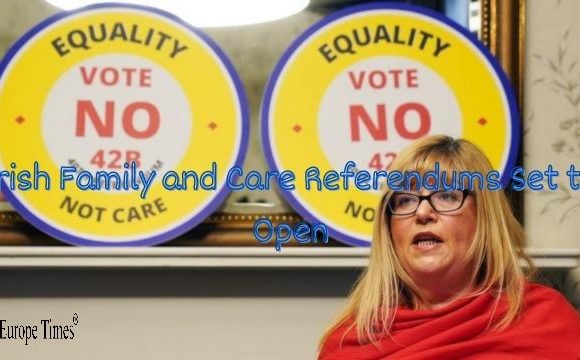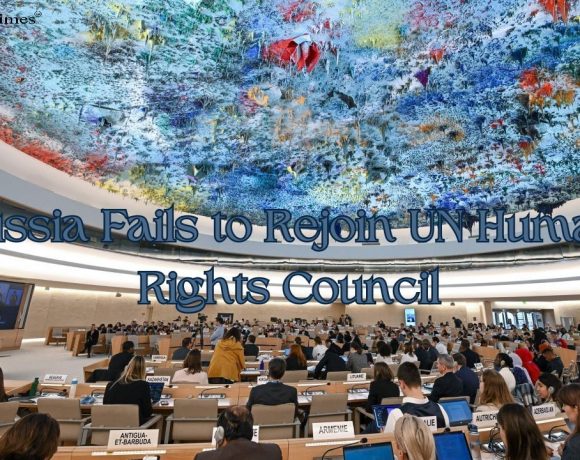
On Friday, Irish voters will participate in two referendums concerning changes to the country’s constitution regarding family and care.
One referendum asks whether to broaden the definition of family to include non-marital relationships. The other referendum seeks to remove language regarding the role of women in the home and replace it with gender-neutral language recognizing care provided by family members.
Voters will receive two ballots: a white one for the family referendum and a green one for the care referendum. The family referendum proposes adding language to extend constitutional protections to various family structures, while the care referendum aims to replace gender-specific language with inclusive language regarding care provision.
The current constitution only protects families based on marriage, but if the family referendum is passed, all family units would receive equal constitutional rights. Similarly, the care referendum aims to update language and recognition of care provision within families.
Voting eligibility requires being 18 or older, an Irish citizen, registered to vote, and residing in Ireland. Polls will be open from 07:00 to 22:00 local time on Friday. The government scheduled these referendums to coincide with International Women’s Day. Counting of votes will commence on Saturday morning.
In Ireland, a referendum is necessary for any proposed changes to the constitution, which has undergone various amendments since its ratification in 1937, including legalizing same-sex marriage in 2015 and repealing the abortion ban in 2018.
Picture Courtesy: Google/images are subject to copyright

